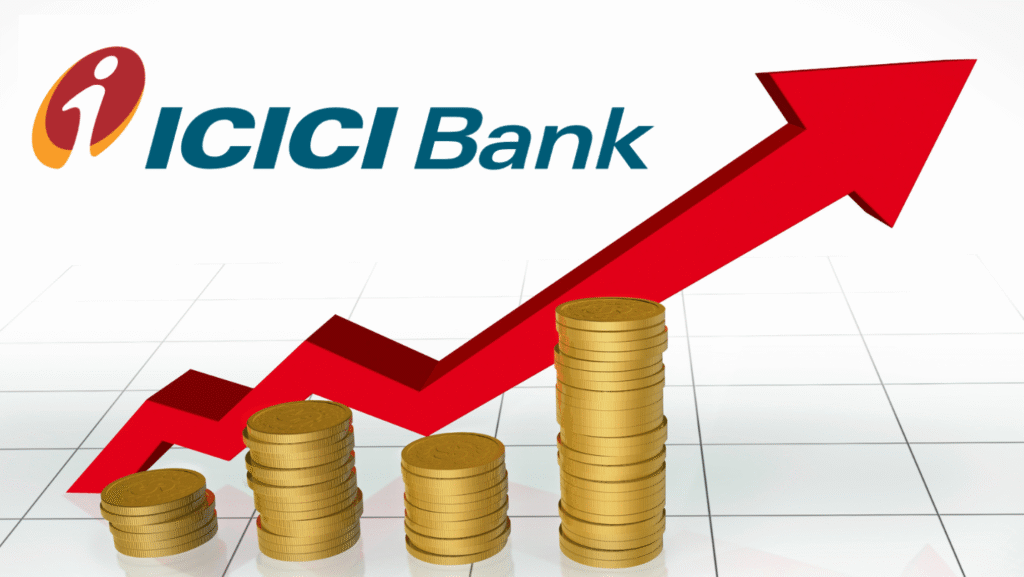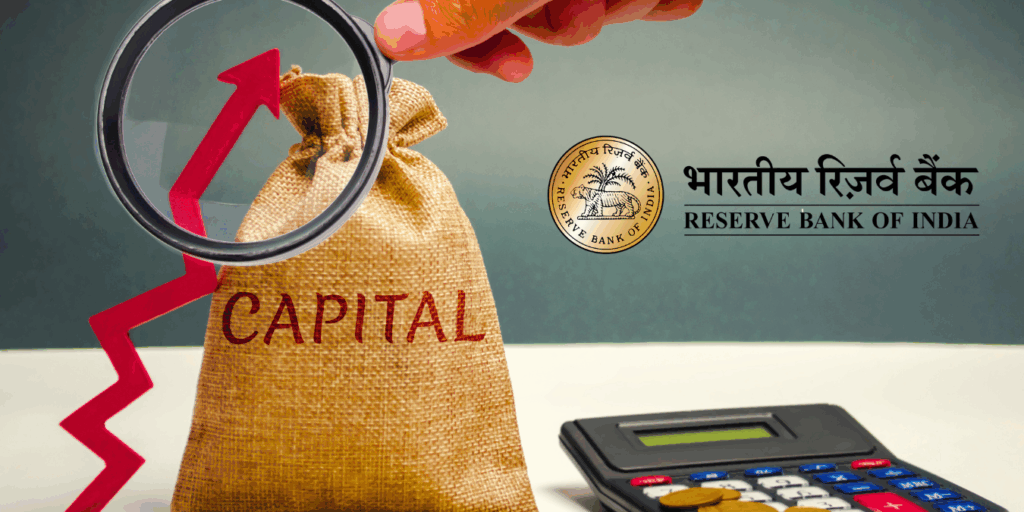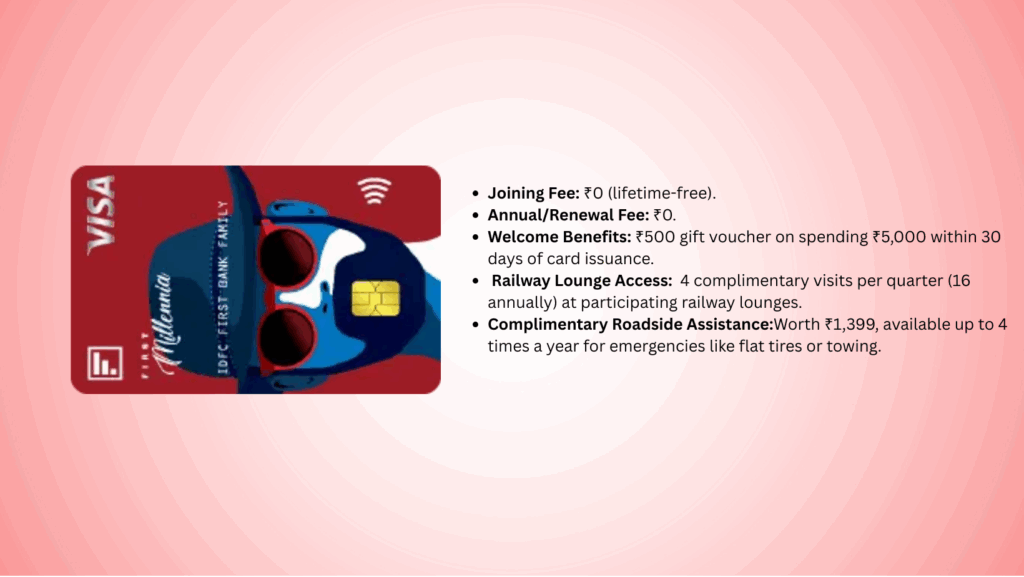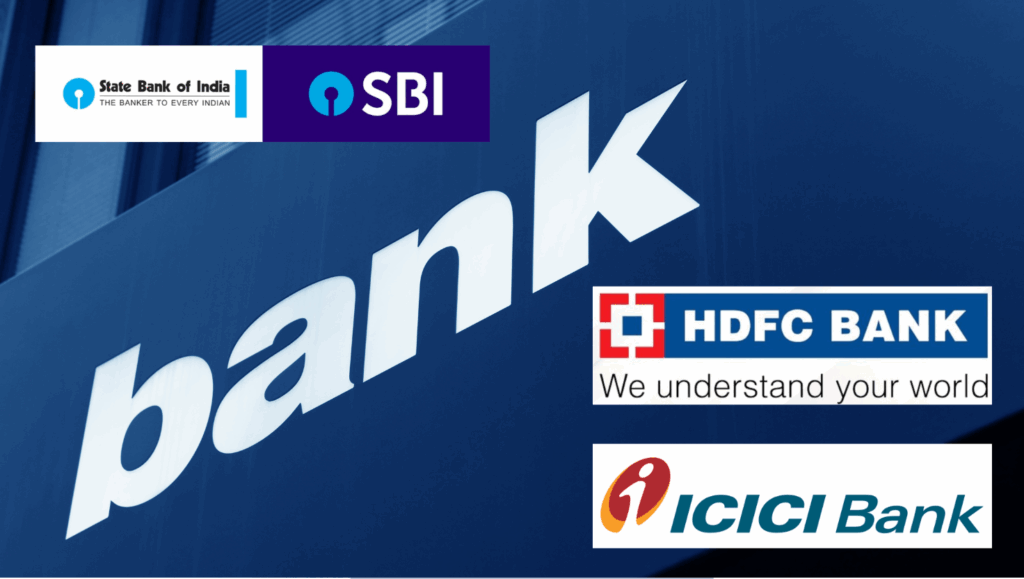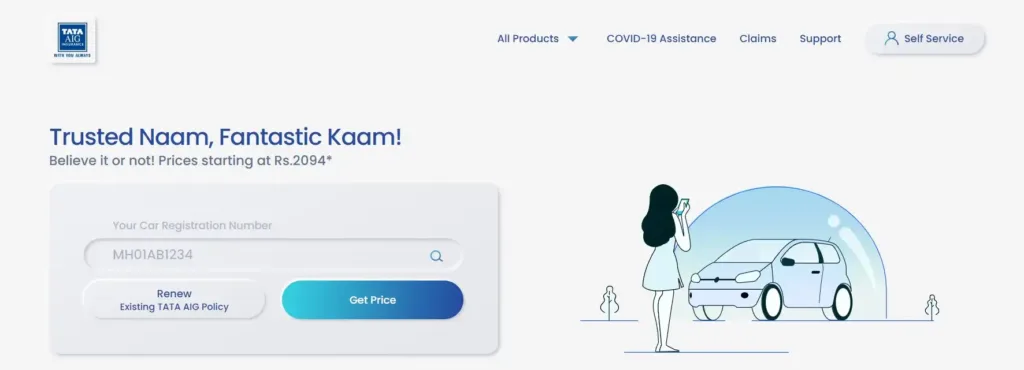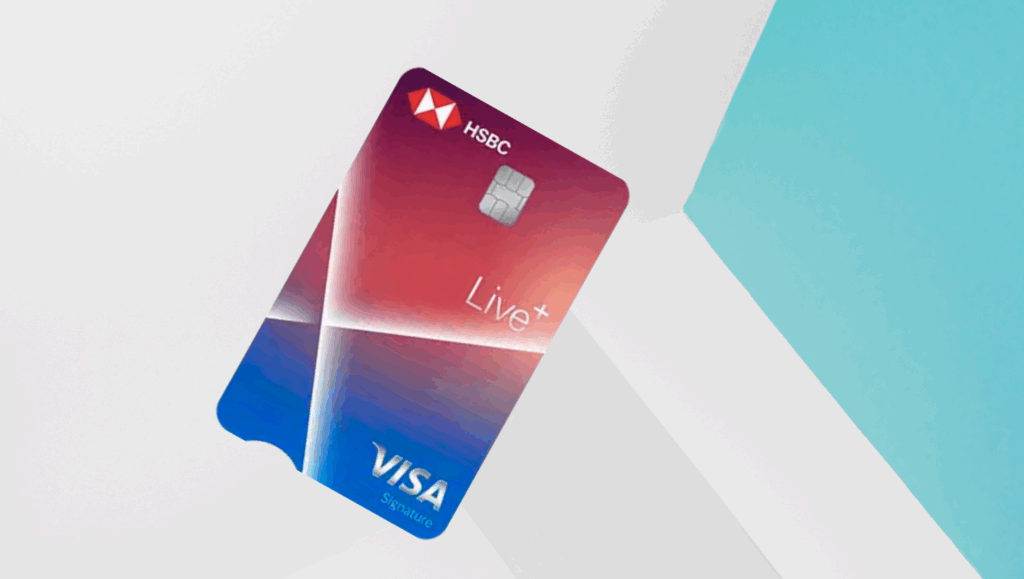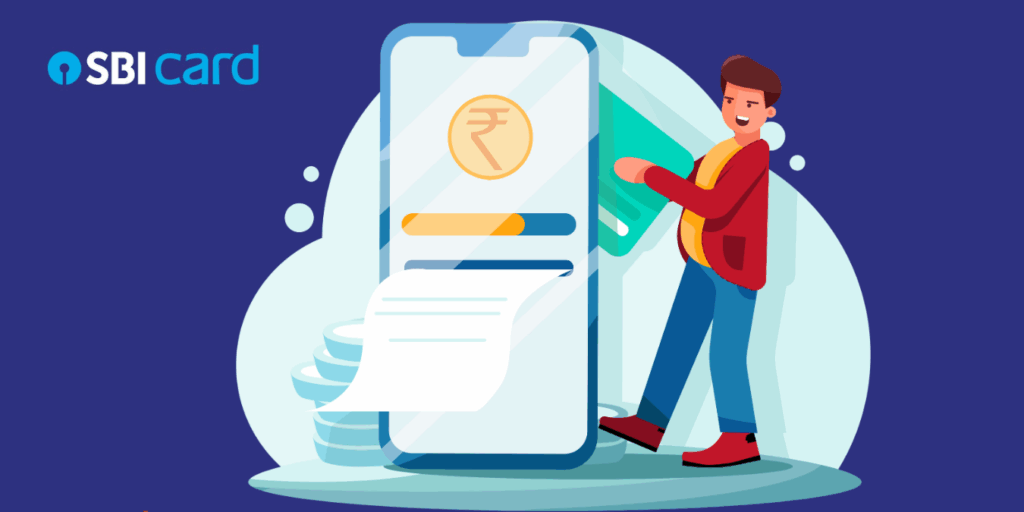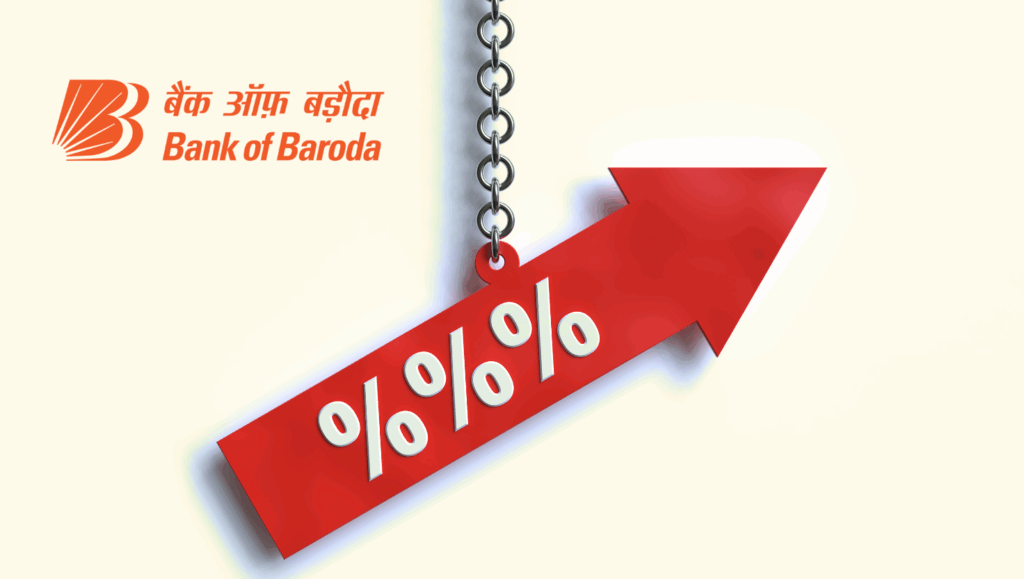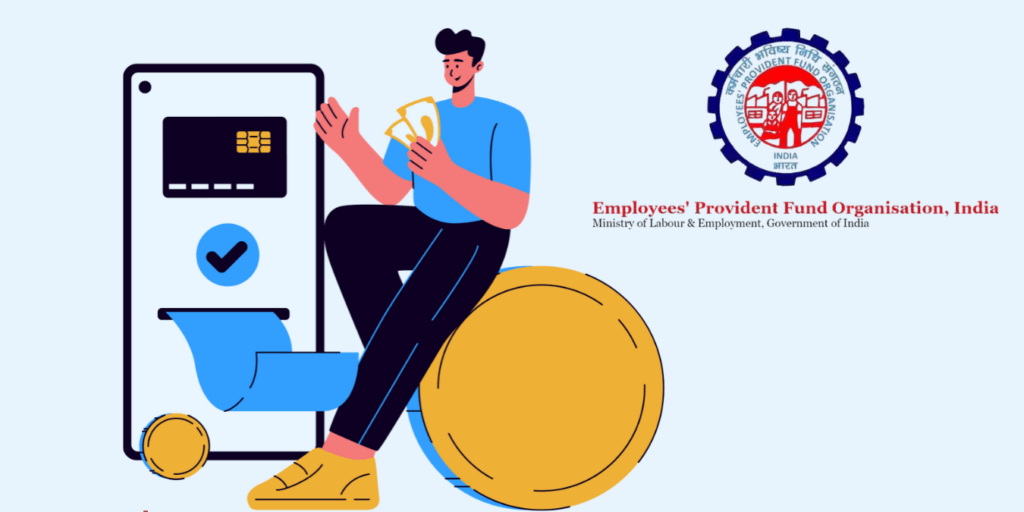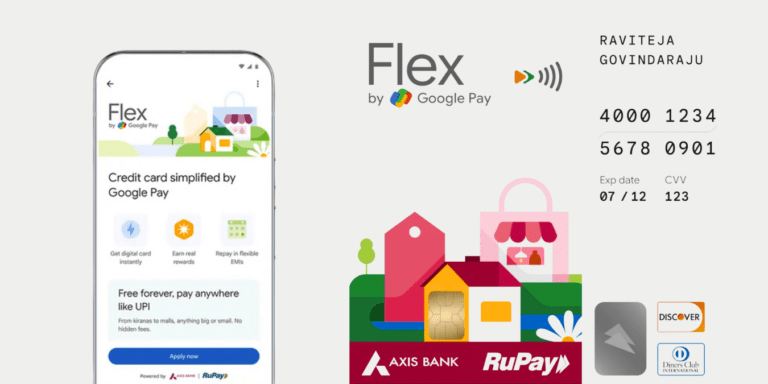
Card protection plans (CPPs) in India are your shield, halting fraud with one call. With RBI reporting a 334% surge in online scams, CPPs offer zero-liability refunds up to ₹3 lakh and emergency aid. But are they foolproof?
You are weaving through the chaotic streets of Mumbai, unaware your wallet has slipped from your pocket. Hours later, fraudulent transactions drain your accounts. What if one call could stop the chaos? In India’s booming digital economy, where credit card fraud soared to ₹36,014 crore in FY25, card protection plans (CPPs) are your silent shield. This blog uncovers how CPPs work, blending suspense with vital insights. Ready to unravel the mystery?
The Rising Threat of Card Fraud in India
India’s digital payments are skyrocketing, but so are risks. RBI data reveals 13,516 card-related frauds in FY25, accounting for 56% of total cases. Online frauds surged 334% to 29,082 incidents last year, with losses tripling to ₹36 billion. Card protection plans aren’t just insurance—they’re a lifeline. But how do they guard your finances in this fraud-riddled landscape?
What is a Card Protection Plan?
A card protection plan (CPP) is specialized insurance for credit, debit, and even membership cards in India. It safeguards against theft, loss, or fraud, minimizing financial damage. Providers like CPP India, OneAssist, and Bajaj Finserv lead the charge, offering plans tailored for modern banking. With fraud values hitting ₹4,245 crore from April 2024 to January 2025, CPPs are more critical than ever. But what makes them tick?
How Card Protection Plans Work: The Core Mechanism
Enrolling in a card protection plan in India is simple. Register your cards via an app or website, with premiums ranging from ₹699 to ₹2,499 annually. Once active, the plan monitors for suspicious activity. Lose your wallet? A single 24/7 helpline call blocks all registered cards instantly—no frantic calls to multiple banks. Providers like ICICI Bank’s CPP notify issuers, halting unauthorized transactions. But what happens next?
Post-blocking, fraud liability protection activates. Most plans offer zero-liability for pre-report transactions, refunding up to ₹3 lakh. Emergency cash advances or hotel assistance follow, turning panic into control. In 2025, app-driven integration speeds up the process. But is it foolproof? The suspense builds as we explore further.
Key Features of Credit Card Insurance in India
Card protection plans in 2025 are packed with features. Zero-liability protection leads, covering unauthorized charges before reporting. AI-driven fraud monitoring flags anomalies, crucial as digital frauds dominate 56% of incidents. Additional perks include PAN card replacement, roadside assistance, and travel aid. SBI Card's CPP, for instance, offers internet security and up to ₹1 lakh in emergency cash.
High-end plans like Bajaj Finserv's Wallet Care extend coverage to ₹5 lakh, including ATM assault protection. With IRDAI emphasizing data security in 2025, these features aren't just perks—they're necessities. Yet, a twist: not all plans cover post-report losses. Could this gap derail your safety net?
Benefits That Make CPPs Irresistible
Why choose a card protection plan in India? Financial coverage is the core, reimbursing losses from card misuse. With RBI noting a 166% fraud spike, this alone justifies the cost. Convenience is another win—free SIM blocking, loyalty card replacement, and e-wallet protection are standard. IDFC FIRST Bank's CPP even covers retail cards, saving hours of bank calls.
Some plans go further, offering personal accident cover up to ₹5 lakh. Amid IRDAI's 2025 push for comprehensive protection, these benefits align perfectly. But pitfalls lurk—exclusions and fine print could trip you up. What's the catch?
Latest Data and Trends in Card Fraud Protection
The fraud landscape in 2025 is grim yet hopeful. RBI reports a drop to 23,953 fraud cases from 36,060, but values soared, signaling sophisticated scams. Card and internet frauds dominate, comprising 56% of incidents. IRDAI's 2025 amendments mandate robust data governance, ensuring CPPs evolve with AI-driven threats.
Adoption is rising fast. Industry estimates show a 20% surge in CPP enrollments as digital frauds hit ₹4,245 crore early 2025. Suspense lingers: Will RBI's new digital fraud platform reduce reliance on CPPs, or are they here to stay?
Best Card Protection Plans: A Comparison
Choosing the best card protection plan in 2025? Here's a snapshot of top options based on the latest data:
- ICICI Bank CPP: ₹2,499 premium, ₹3 lakh cover, includes family cards and emergency travel aid. Ideal for frequent travelers. Rating: 4.8/5.
- SBI Card Protection Plan: ₹1,999, covers up to 10 cards, ₹1 lakh cash advance, and lost baggage insurance. Strong fraud protection. Rating: 4.7/5.
- Bajaj Finserv Wallet Care: Starts at ₹699, ₹2 lakh base cover, extendable to ₹5 lakh. Unique ATM robbery protection. Best for budget users. Rating: 4.6/5.
- OneAssist: ₹1,299, ₹2.5 lakh cover, with PAN replacement and roadside help. Rating: 4.5/5.
- CPP India: ₹1,499, ₹3 lakh cover, 24/7 helpline, and AI fraud monitoring. Top satisfaction per BankBazaar. Rating: 4.9/5.
| Plan | Premium (₹) | Max Cover (₹) | Key Features | Rating (2025) |
| ICICI CPP | 2,499 | 3,00,000 | Family cover, travel aid | 4.8/5 |
| SBI CPP | 1,999 | 2,00,000 | Cash advance, baggage insurance | 4.7/5 |
| Bajaj Wallet Care | 699+ | 5,00,000 | ATM protection, e-wallet | 4.6/5 |
| OneAssist | 1,299 | 2,50,000 | PAN replacement, roadside help | 4.5/5 |
| CPP India | 1,499 | 3,00,000 | 24/7 helpline, fraud monitoring | 4.9/5 |
Which plan fits your lifestyle? The answer lies in your needs—read on to decide.
How to Choose the Right Credit Card Protection Plan
Selecting a CPP starts with assessing your needs. Frequent online shoppers should prioritize fraud monitoring; travelers need emergency assistance. Compare premiums vs. coverage—IRDAI-compliant plans with digital issuance are key in 2025. Check exclusions like negligence or war-related losses.
Pro tip: Look for add-ons like no-claim bonuses or family cover. With frauds at ₹4,245 crore, delaying could cost you. Read the fine print to avoid surprises. What's the smartest choice for your wallet?
IRDAI Regulations Shaping Card Insurance
IRDAI oversees CPPs, ensuring fairness. 2025 reforms mandate electronic policies and nomination requirements, aligning with the DPDP Act. Outsourcing guidelines prevent misuse, with non-compliance fines up to ₹1 crore. These rules boost trust, but providers must adapt fast. Will they keep up with evolving threats?
Real-Life Stories: CPPs in Action
Consider Raj from Delhi. In 2024, he lost his cards; CPP India refunded ₹50,000 in fraud charges within days. "One call saved me," he says. Or Priya in Bangalore, who accessed emergency cash during a travel mishap. These stories showcase CPPs' power amid 29,082 online frauds.
But not all tales end well. Delays in reporting can void claims—a critical warning. What's the key to success?
Potential Drawbacks and How to Mitigate
CPPs aren't flawless. Exclusions for negligence or war-related losses exist, and premiums add costs, though minimal. Mitigate risks by choosing reputed providers like HDFC or Kotak, updated for July 2025 rules. Reading terms carefully avoids pitfalls. With RBI's digital fraud platform, CPPs complement systemic safeguards—but stay vigilant.
Future of Card Protection in India
By 2047, IRDAI envisions universal insurance. CPPs will leverage AI and blockchain for real-time protection. In 2025, banks like SBI tweak benefits, discontinuing free accident cover to push premium plans. Suspense builds: Will quantum computing outsmart fraudsters or create new threats?
Final Thought : Secure Your Cards Today
Card protection plans block, refund, and assist—vital in India's fraud-heavy landscape. With RBI data showing escalating risks, enrolling in a CPP now prevents disaster. Choose wisely, stay informed. Your financial security is at stake—what's your next move?


